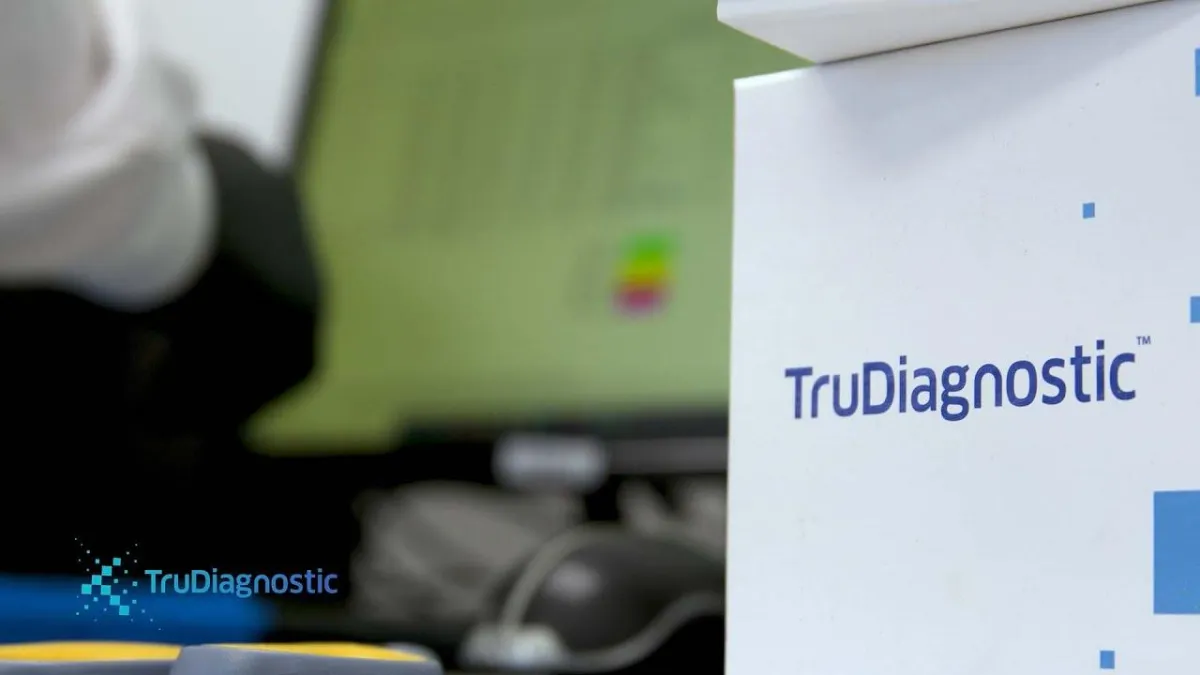
How TrueDiagnostic Analyzes Your Biological Age
🔬 Behind the Scenes: How TrueDiagnostic Analyzes Your Biological Age
At TrueDiagnostic, science and innovation come together in a state-of-the-art 5,000-square-foot lab dedicated to helping individuals discover their true biological age through cutting-edge DNA methylation testing.
Led by Lab Director Tavis Mendez, this facility is not just about analyzing samples—it’s about unlocking data that could empower you to take charge of your health and longevity.
🧬 Step 1: Sample Intake & De-Identification
Every test begins at our intake station, where your sample is received and scanned into our proprietary Laboratory Information Management System (LIMS). This system anonymizes each sample and assigns it a unique barcode, ensuring both accuracy and confidentiality. In addition to personal tests, we also process high-level research samples from various institutions.
🧪 Step 2: DNA Extraction & Quantification
In the preamplification room, technicians start by extracting DNA using a mini prep protocol. Red blood cells are broken down, allowing the DNA to bind to a special column that purifies it for the next steps.
Using the Tecan Infinite M Nano, we bind the DNA with a fluorescent marker. The machine measures its intensity and compares it to a known standard, giving us an exact DNA concentration.
🧫 Step 3: Bisulfite Conversion – The Gold Standard
One of the most critical steps in the process is bisulfite conversion, which prepares the DNA for methylation analysis. This step targets methylated cytosines, preserving them while converting non-methylated cytosines to uracil. This helps distinguish the active versus inactive parts of your DNA, crucial for determining biological age.
A precision thermocycler helps regulate temperature to ensure the highest efficiency during conversion. Even though this method is the current gold standard, our team is always researching better ways to optimize accuracy and reliability.
🔁 Step 4: DNA Amplification & Hybridization
Once prepared, the DNA enters the post-amplification room where it’s amplified, fragmented, and placed onto Illumina HD bead chips. Each chip holds eight wells containing pre-probed oligonucleotides (oligos) that bind to your DNA. The samples are then placed in a hybridization chamber to ensure complete binding.
⚙️ Step 5: Automation for Accuracy
To make the process more efficient, we use Tecan Freedom EVOs automation machines. These systems handle the critical steps of extending and staining the bead chips, which is one of the most delicate parts of the workflow. Even the slightest error here can invalidate the entire process.
The automation chamber allows TrueDiagnostic to scale operations and process up to 2,000 samples per week without compromising precision.
🔍 Step 6: High-Precision Scanning
Finally, the chips are placed into the iScan System, a cutting-edge Illumina machine capable of detecting over 850,000 methylation sites using dual-color detection technology.
A sensitive autoloader helps streamline this phase, automatically loading stacks of bead chips to keep the process smooth and uninterrupted—eliminating the need for manual loading.
💡 The Future of Health Starts at the Molecular Level
By combining lab automation, high-fidelity detection systems, and a proprietary processing workflow, TrueDiagnostic delivers some of the most accurate and scalable biological age testing available today.
Whether you're a clinician, researcher, or health-conscious individual, this technology gives you the insights needed to make truly personalized health decisions—right down to your DNA.
